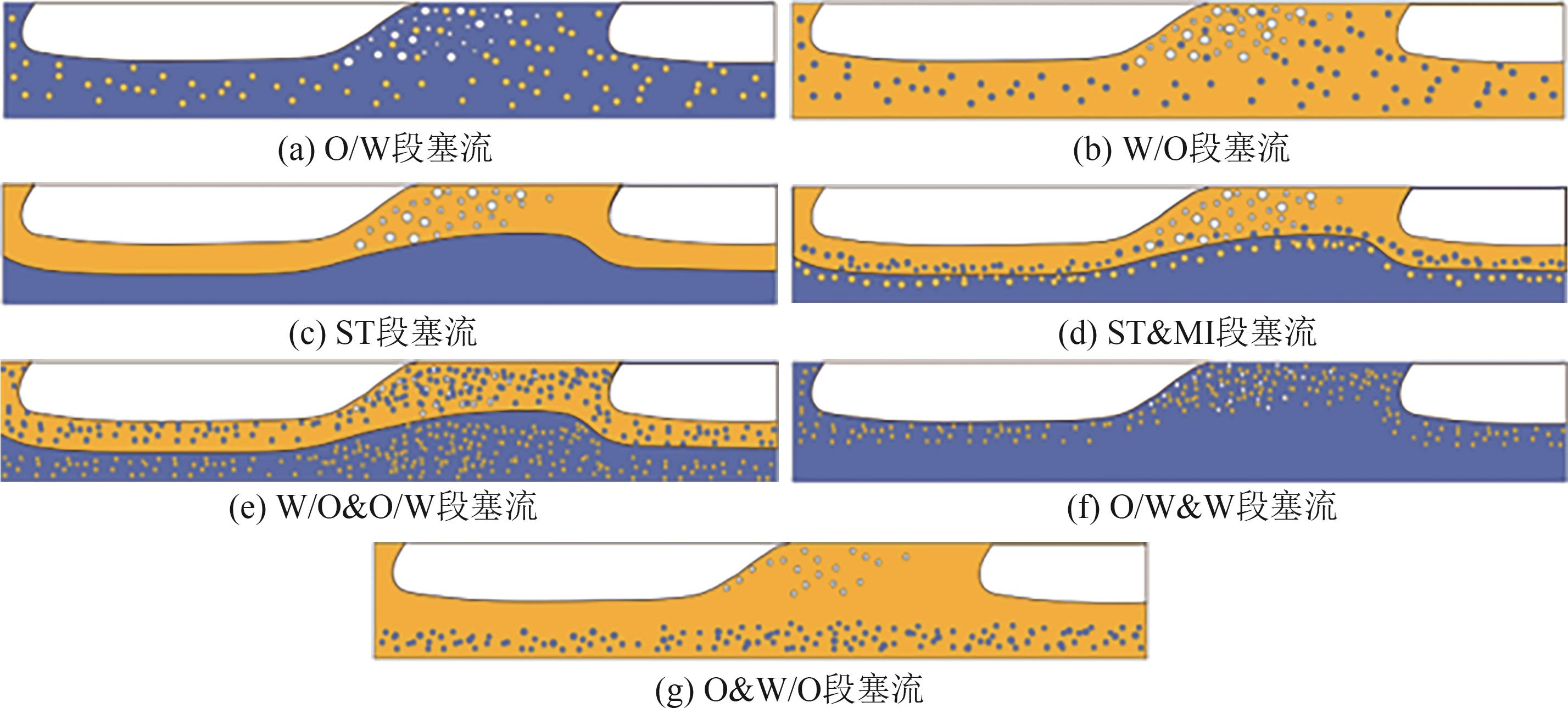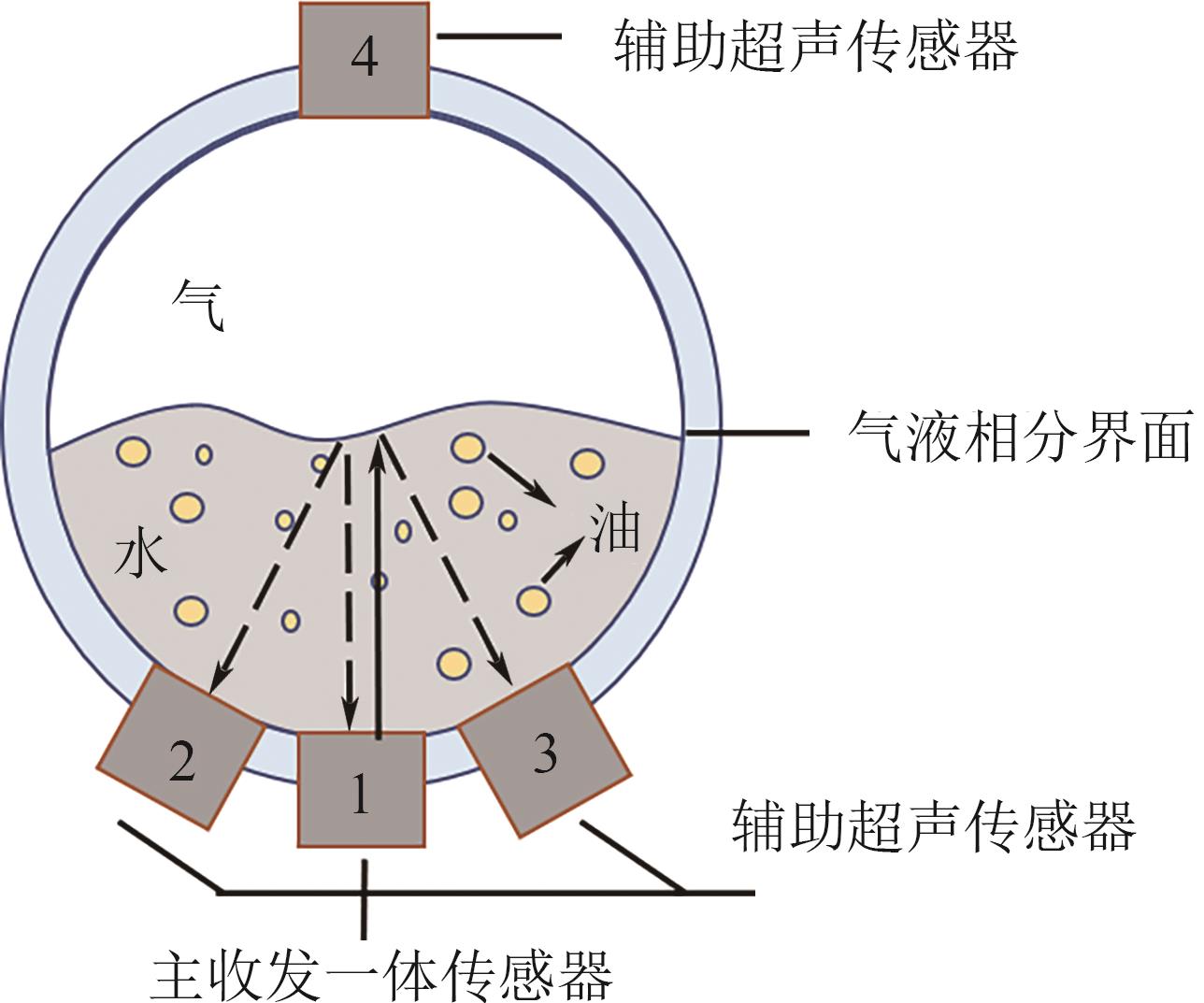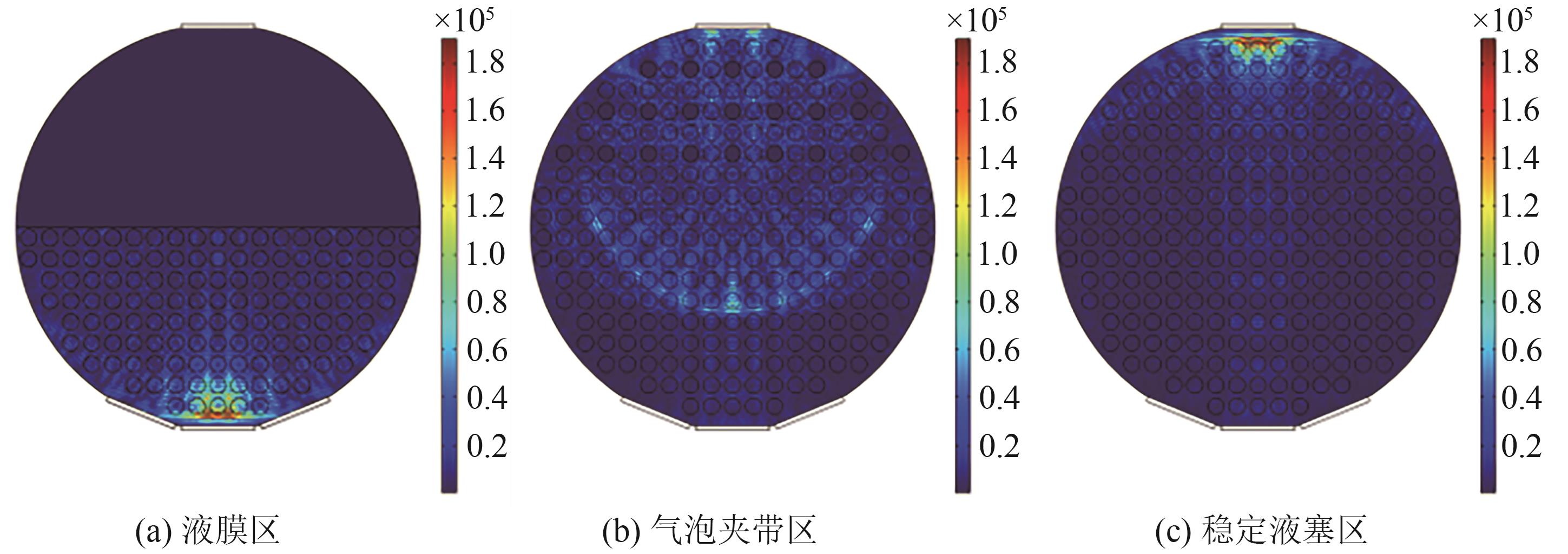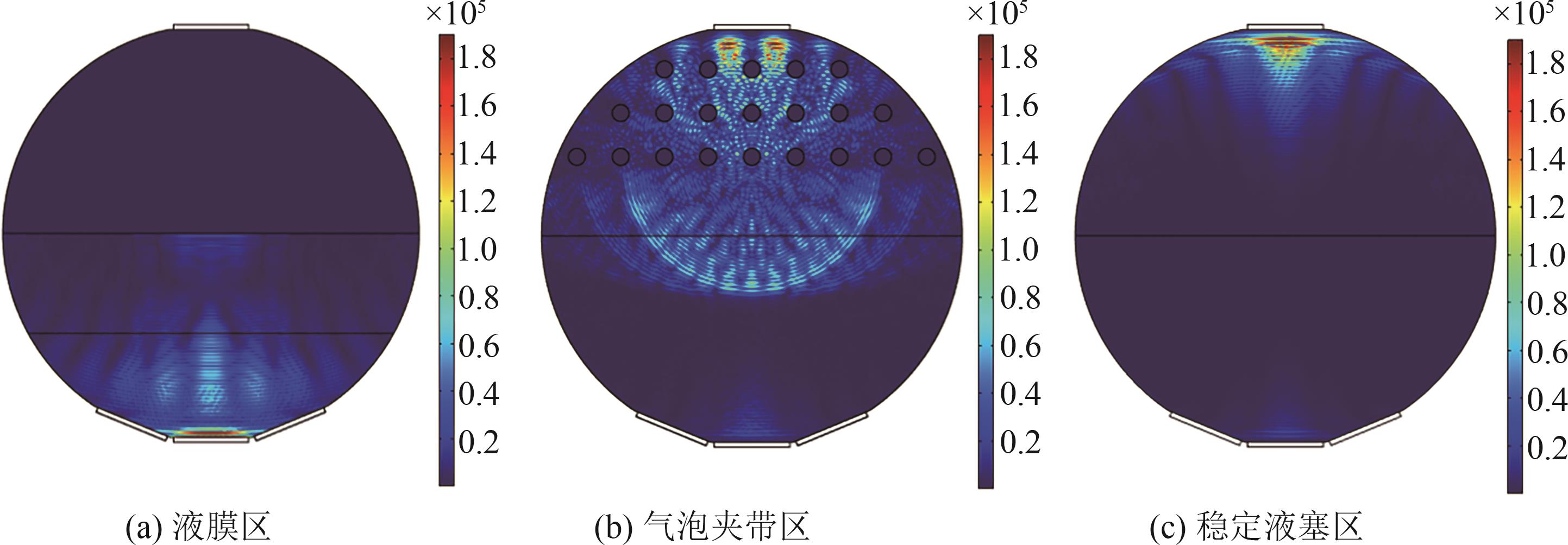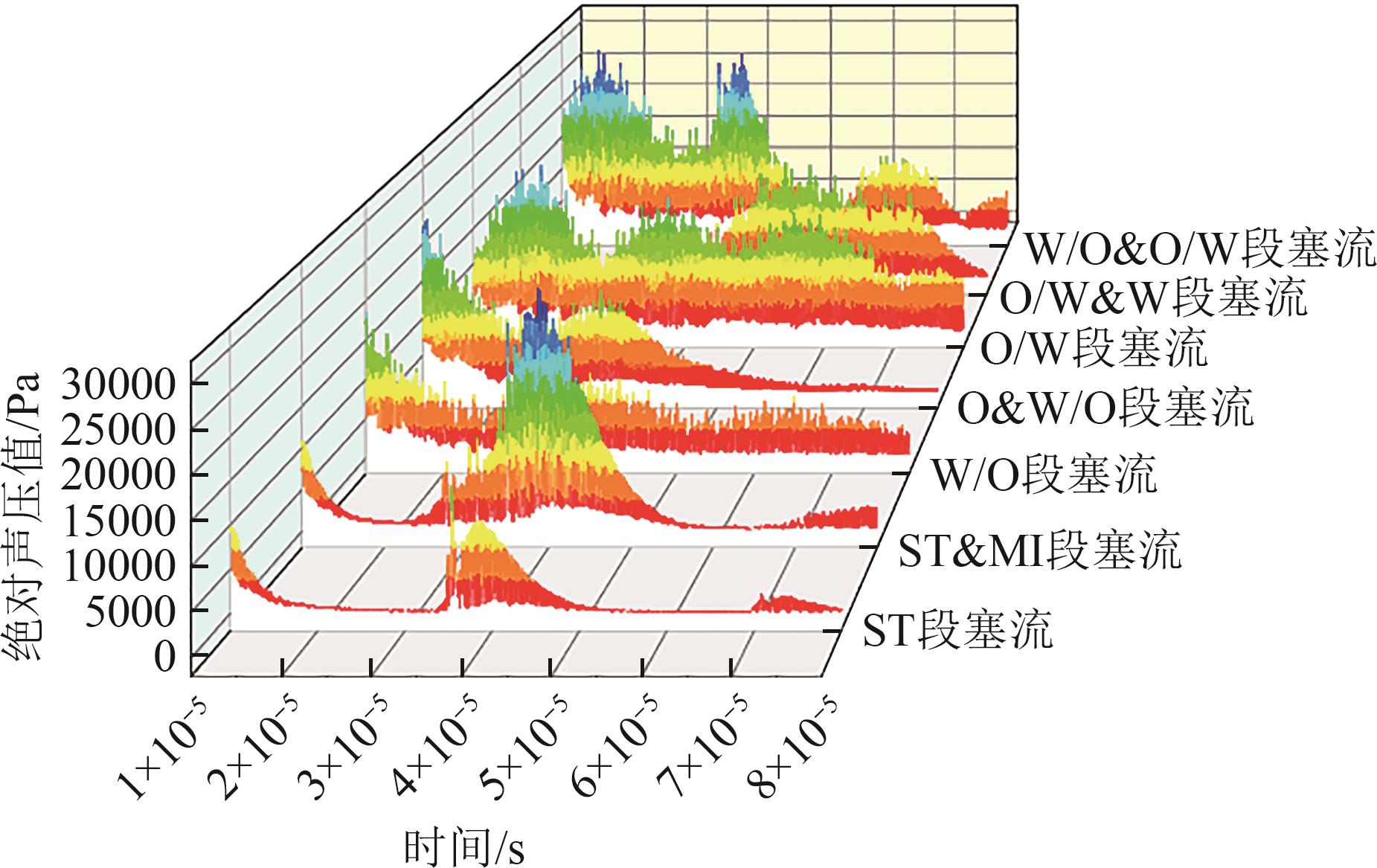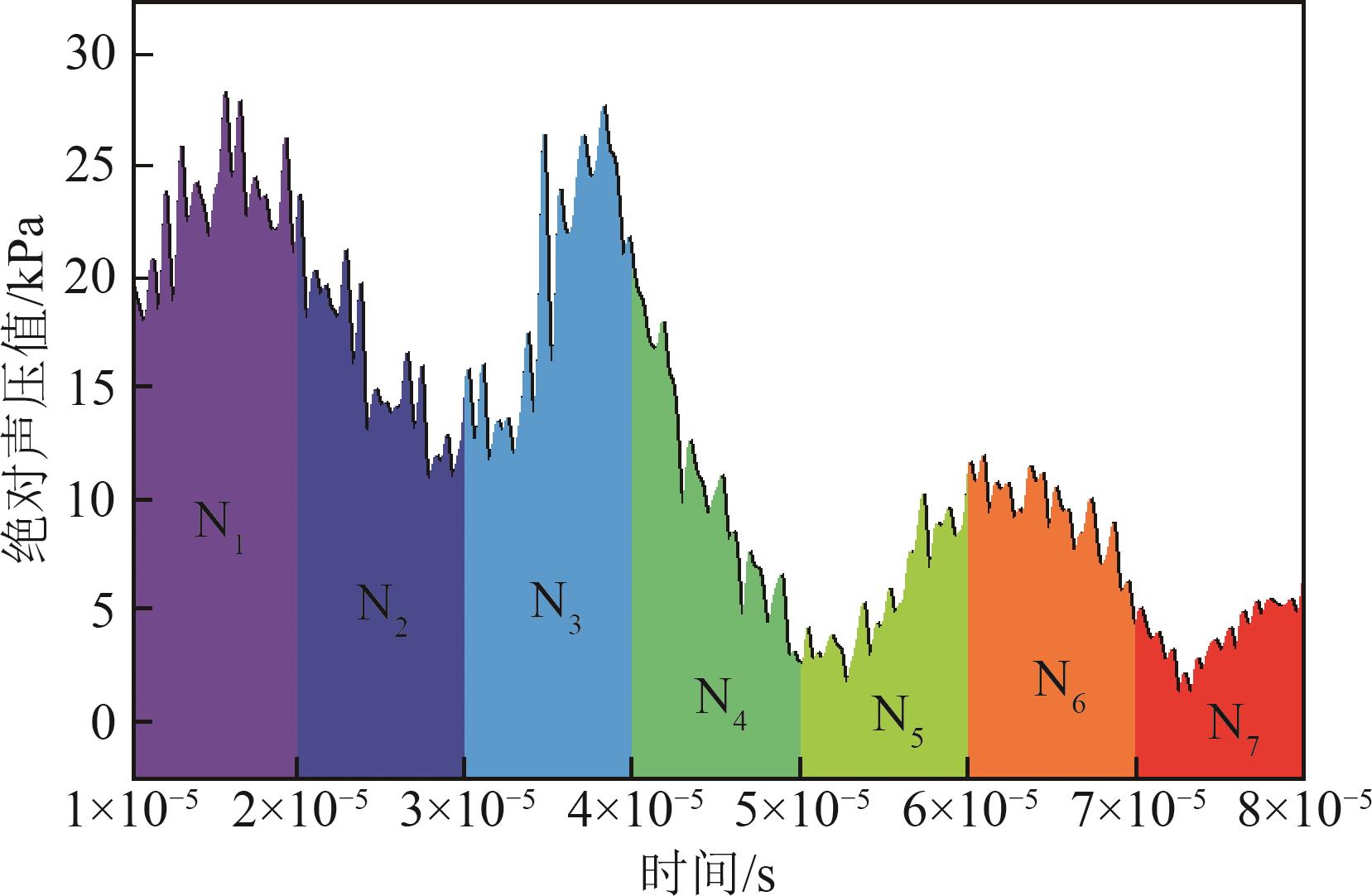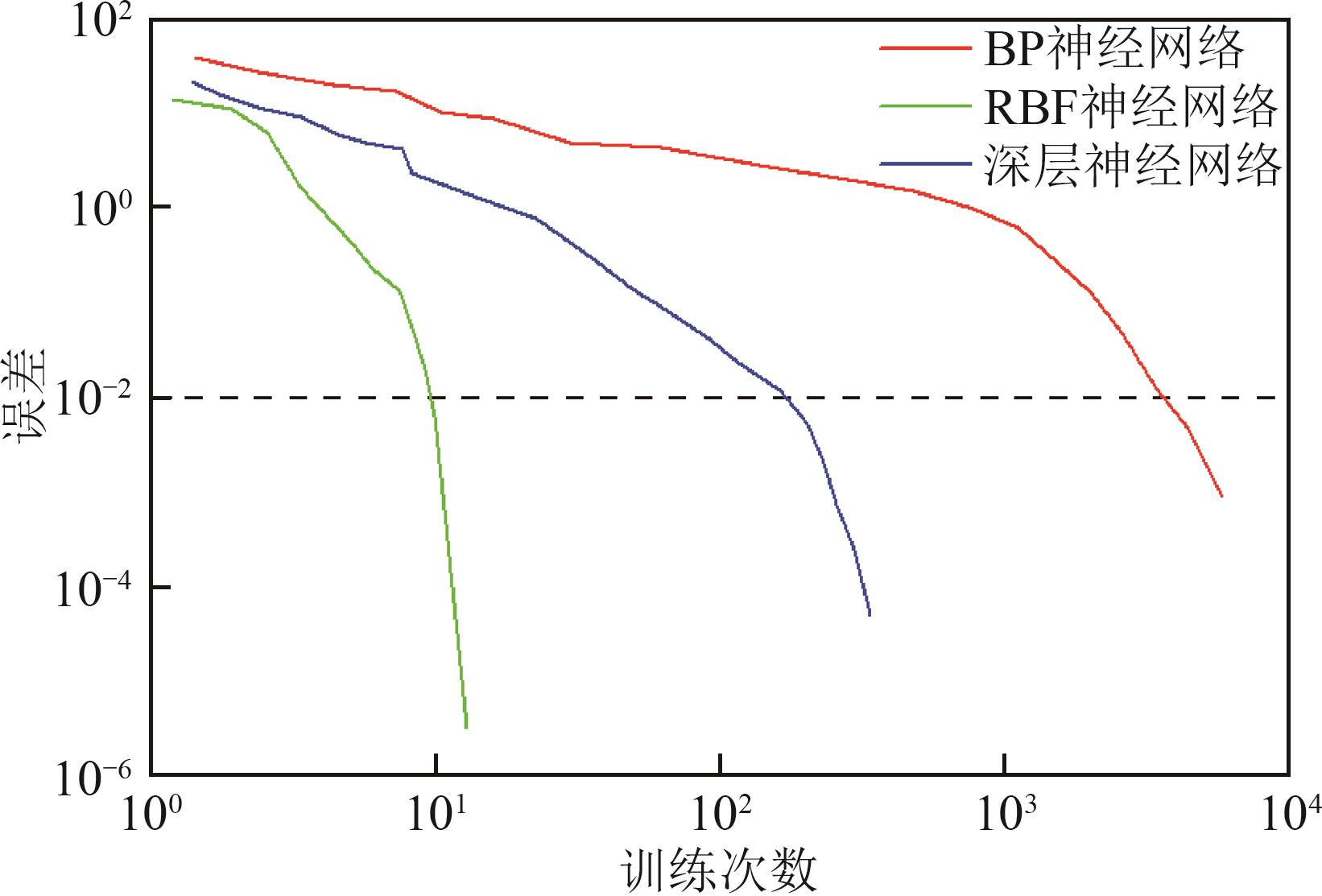| 15 |
ABBAGONI Baba Musa, YEUNG Hoi. Non-invasive classification of gas-liquid two-phase horizontal flow regimes using an ultrasonic Doppler sensor and a neural network[J]. Measurement Science and Technology, 2016, 27(8): 084002.
|
| 16 |
FIGUEIREDO M M F, GONCALVES J L, NAKASHIMA A M V, et al. The use of an ultrasonic technique and neural networks for identification of the flow pattern and measurement of the gas volume fraction in multiphase flows[J]. Experimental Thermal and Fluid Science, 2016, 70: 29-50.
|
| 17 |
赵德喜, 曹学文, 张宇航, 等. 基于超声波技术的水平管气液两相流流型识别方法[J]. 油气储运, 2014, 33(2): 165-171.
|
|
ZHAO Dexi, CAO Xuewen, ZHANG Yuhang, et al. Identification method of gas-liquid two-phase flow pattern of horizontal pipe based on ultrasonic technology[J]. Oil & Gas Storage and Transportation, 2014, 33(2): 165-171.
|
| 18 |
LIU Weiling, TAN Chao, DONG Feng. Doppler spectrum analysis and flow pattern identification of oil-water two-phase flow using dual-modality sensor[J]. Flow Measurement and Instrumentation, 2021, 77: 101861.
|
| 19 |
ZHANG Shuo, SHI Xuewei, TAN Chao, et al. Flow regimes identification of gas-water two-phase flow using conductance and continuous wave ultrasonic Doppler sensors[C]//2021 IEEE International Instrumentation and Measurement Technology Conference (I2MTC). May 17-20, 2021, Glasgow, United Kingdom. IEEE, 2021: 1-6.
|
| 20 |
SU Qian, LI Jie, LIU Zhenxing. Flow pattern identification of oil-water two-phase flow based on SVM using ultrasonic testing method[J]. Sensors, 2022, 22(16): 6128.
|
| 21 |
YU Han, TAN Chao, DONG Feng. Measurement of oil fraction in oil-water dispersed flow with swept-frequency ultrasound attenuation method[J]. International Journal of Multiphase Flow, 2020, 133: 103444.
|
| 22 |
THAKER Jignesh, BANERJEE Jyotirmay. Characterization of two-phase slug flow sub-regimes using flow visualization[J]. Journal of Petroleum Science and Engineering, 2015, 135: 561-576.
|
| 23 |
叶健, 葛临东, 吴月娴. 一种优化的RBF神经网络在调制识别中的应用[J]. 自动化学报, 2007, 33(6): 652-654.
|
|
YE Jian, GE Lindong, WU Yuexian. An application of improved RBF neural network in modulation recognition[J]. Acta Automatica Sinica, 2007, 33(6): 652-654.
|
| 24 |
乔俊飞, 韩红桂. RBF神经网络的结构动态优化设计[J]. 自动化学报, 2010, 36(6): 865-872.
|
| 1 |
YAQUB Muhammad Waqas, MARAPPAGOUNDER Ramasamy, RUSLI Risza, et al. Flow pattern identification and measurement techniques in gas-liquid-liquid three-phase flow: A review[J]. Flow Measurement and Instrumentation, 2020, 76: 101834.
|
| 2 |
罗小明,何利民,吕宇玲. 油气水三相段塞流与滚动波流型的转变[J]. 化工学报,2010,61(3):629-634.
|
|
LUO Xiaming, HE Limin, Yuling LYU. Transition from slug flow to roll wave flow in oil-gas-water three-phase horizontal pipe[J]. CIESC Journal, 2010, 61(3): 629-634.
|
| 3 |
MANDHANE J M, GREGORY G A, AZIZ K. A flow pattern map for gas-liquid flow in horizontal pipes[J]. International Journal of Multiphase Flow, 1974, 1(4): 537-553.
|
| 4 |
WANG Shufan, ZHANG Hongquan, SARICA Cem, et al. Experimental study of high-viscosity oil/water/gas three-phase flow in horizontal and upward vertical pipes[J]. SPE Production & Operations, 2013, 28(3): 306-316.
|
| 5 |
MOHMMED Abdalellah O, NASIF Mohammad S, AL-KAYIEM Hussain H, et al. Measurements of translational slug velocity and slug length using an image processing technique[J]. Flow Measurement and Instrumentation, 2016, 50: 112-120.
|
| 6 |
GUILIZZONI Manfredo, BACCINI Beatrice, SOTGIA Giorgio, et al. Image-based analysis of intermittent three-phase flow[J]. International Journal of Multiphase Flow, 2018, 107: 256-262.
|
| 7 |
MUKHERJEE Tanumoy, Gargi DAS, Subhabrata RAY. Sensor-based flow pattern detection—Gas-liquid-liquid upflow through a vertical pipe[J]. AIChE Journal, 2014, 60(9): 3362-3375.
|
| 8 |
HU Bin, Stewart Colin, HALE Colin P, et al. Development of an X-ray computed tomography (CT) system with sparse sources: Application to three-phase pipe flow visualization[J]. Experiments in Fluids, 2005, 39(4): 667-678.
|
| 9 |
YANG Z, HU B, LANGSHOLT M, et al. Experimental studies on void fraction in. slug of three-phase viscous oil flows in a near horizontal pipe[C]//17th International Conference on Multiphase Production Technology, Cannes, France, 2015: 255-267.
|
| 10 |
HOFFMANN Rainer, JOHNSON George William. Measuring phase distribution in high pressure three-phase flow using gamma densitometry[J]. Flow Measurement and Instrumentation, 2011, 22(5): 351-359.
|
| 11 |
FALCONE Gioia, HEWITT Geoffrey, ALIMONTI Claudio. Multiphase flow metering principles[J]. Developments in Petroleum Science, 2009, 54: 33-45.
|
| 12 |
REN Weikai, ZHAO An, JIN Ningde. Void fraction measurement of oil-gas-water three-phase flow using mutually perpendicular ultrasonic sensor[J]. Sensors, 2020, 20(2): 481.
|
| 13 |
YEN Gary G, LU Haiming. Acoustic emission data assisted process monitoring[J]. ISA Transactions, 2002, 41(3): 273-282.
|
| 14 |
BROOMHEAD D, LOWE D. Radial basis functions, multi-variable functional interpolation and adaptive networks[R]. RSRE, 1988
|
| 24 |
QIAO Junfei, HAN Honggui. Optimal structure design for RBFNN structure[J]. Acta Automatica Sinica, 2010, 36(6): 865-872.
|
 ), XIA Zhifei1, LIU Zhenxing1,2(
), XIA Zhifei1, LIU Zhenxing1,2( )
)
